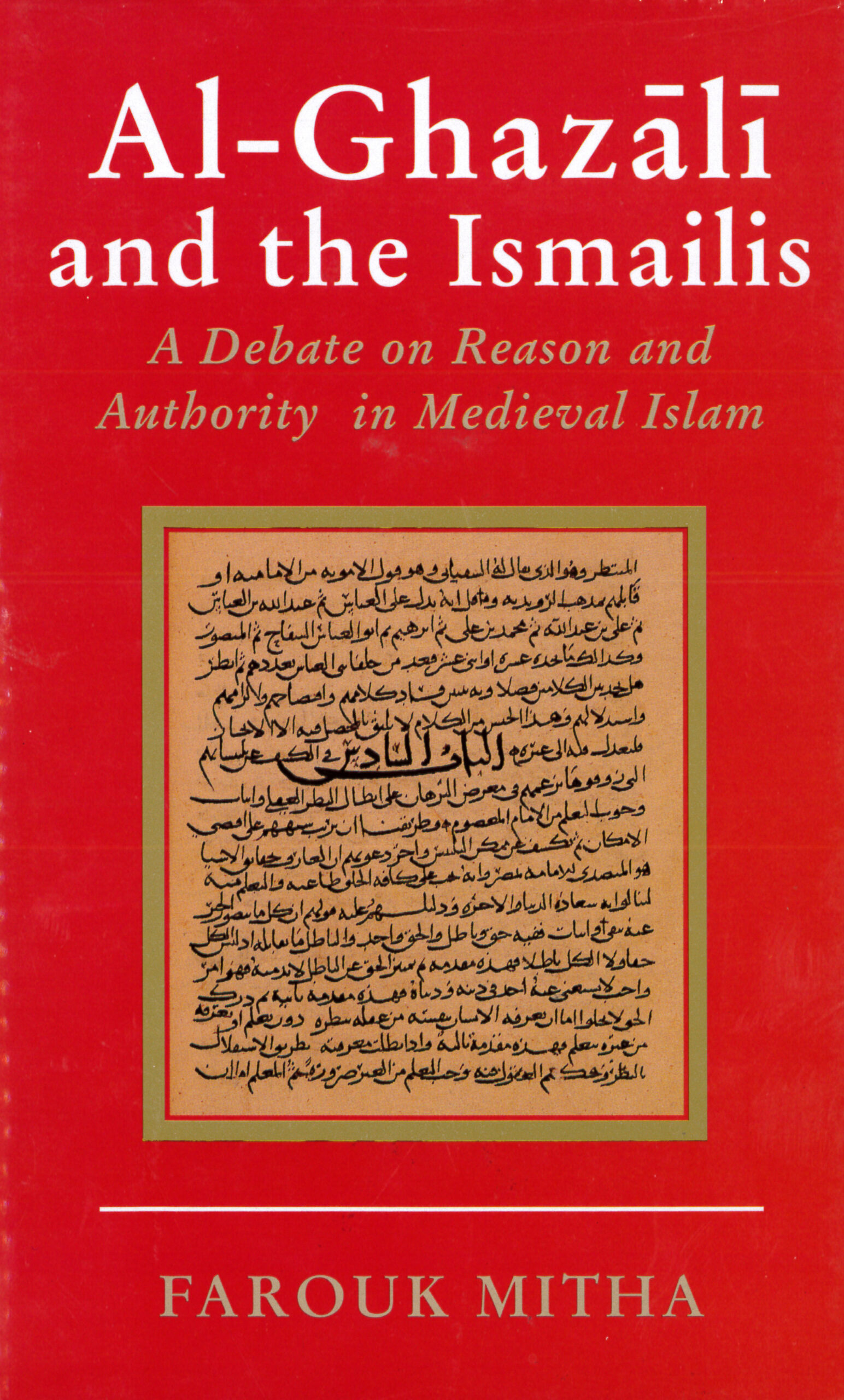Al-Ghazali (1058–1111 CE) is arguably one of the most influential thinkers in the history of Islam and his writings have received greater scholarly attention in the West than those of any other Muslim scholar. This study explores and important dimension of his thought that has not yet been fully examined, namely, his polemical engagement with the IsmailisAdherents of a branch of Shi’i Islam that considers Ismail, the eldest son of the Shi’i Imam Jaʿfar al-Ṣādiq (d. 765), as his successor. of the Fatimid and early AlamutFortress of the Nizari Ismailis in northern Iran, which fell to the Mongols in 654 AH/1256 CE. periods. Al-Ghazali wrote several texts in refutation of the Ismailis, of which the most detailed is the Kītāb al-Mustaẓhirī. The author examines the key themes and arguments in this text, and analyses the ways in which al-Ghazali was influenced by the Ismailis. Al-Ghazali’s debate with the Ismailis constitutes an important chapter in the history of Muslim thought and this book also explores the wider intellectual and political significance of this encounter, and especially the light it sheds on the central tensions and questions of the age in which al-Ghazali lived.
Foreword
Preface
Acknowledgements
Chronology
-
Ecology of the Kitab al-Mustazhiri: Historical Place and Time
Al-Ghazali and the Saljuqs
Al-Ghazali and the Abbasid Caliphate
Al-Ghazali and the Ismailis -
Anatomy of the Kitab al-Mustazhiri: Content and Style
Al-Ghazali’s Muqaddima: A Justification Defining a Method
The Adab al-Firaq Legacy: A Taxonomy of Exclusion
The Place of Kalam: Reason and its Limits
The Demands of Fiqh: Limits and Norms
The Body Politic in Medieval Islam: Justification and Narcissism -
Towards a Re-reading of the Kitab al-Mustazhiri
Orthodoxy: A Problem of Interpretation
Reason: Subjectivity versus Objectivity
Authority: Spiritual versus Temporal
Notes
Bibliography
Index
‘Mitha’s work is thorough, clear and up-to-date in its references to and understanding of contemporary scholarship.’
– Andrew Rippin, Studies in Religion Journal
Farouk Mitha has postgraduate degrees in Islamic Studies from McGill University and in Comparative Education from the University of London. He is currently associated with the Faculty of Education, University of Victoria, Canada.

